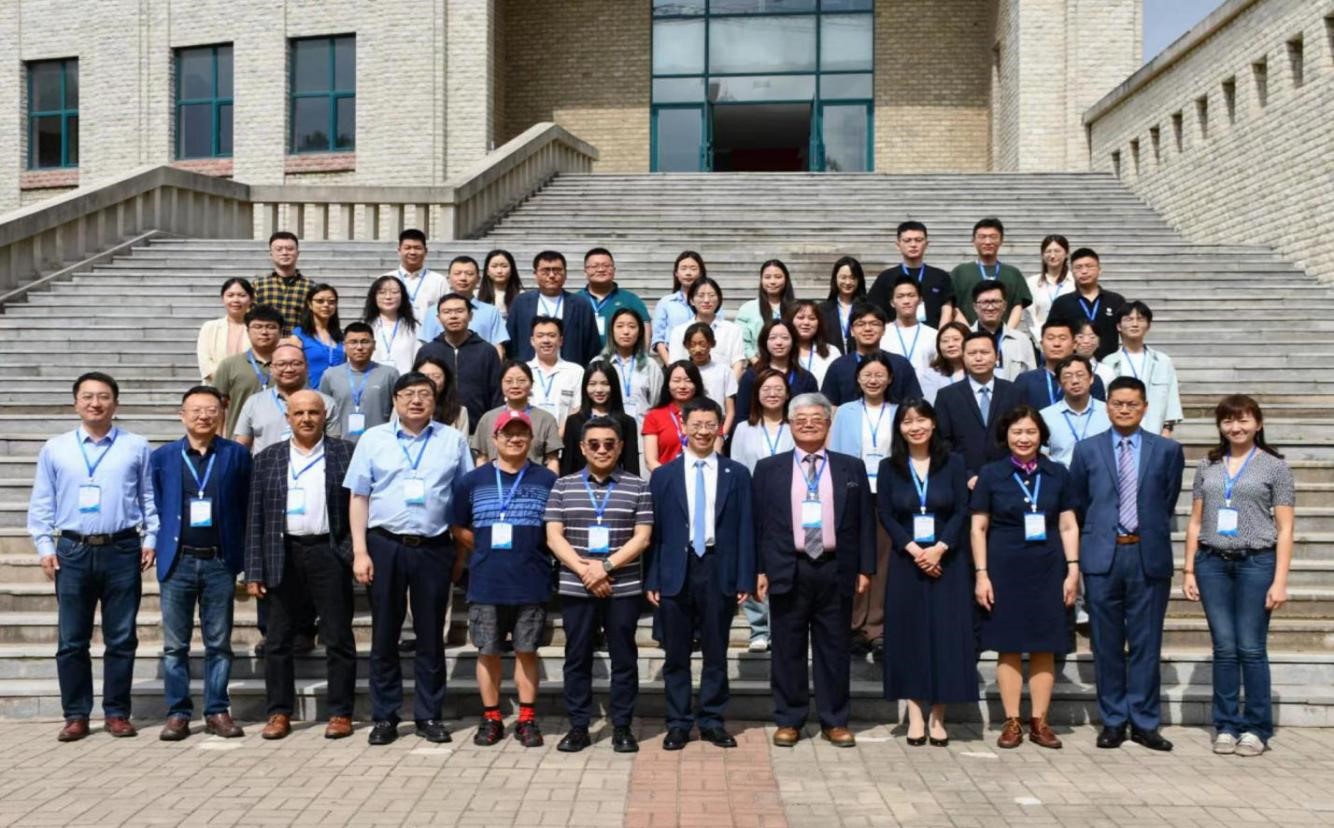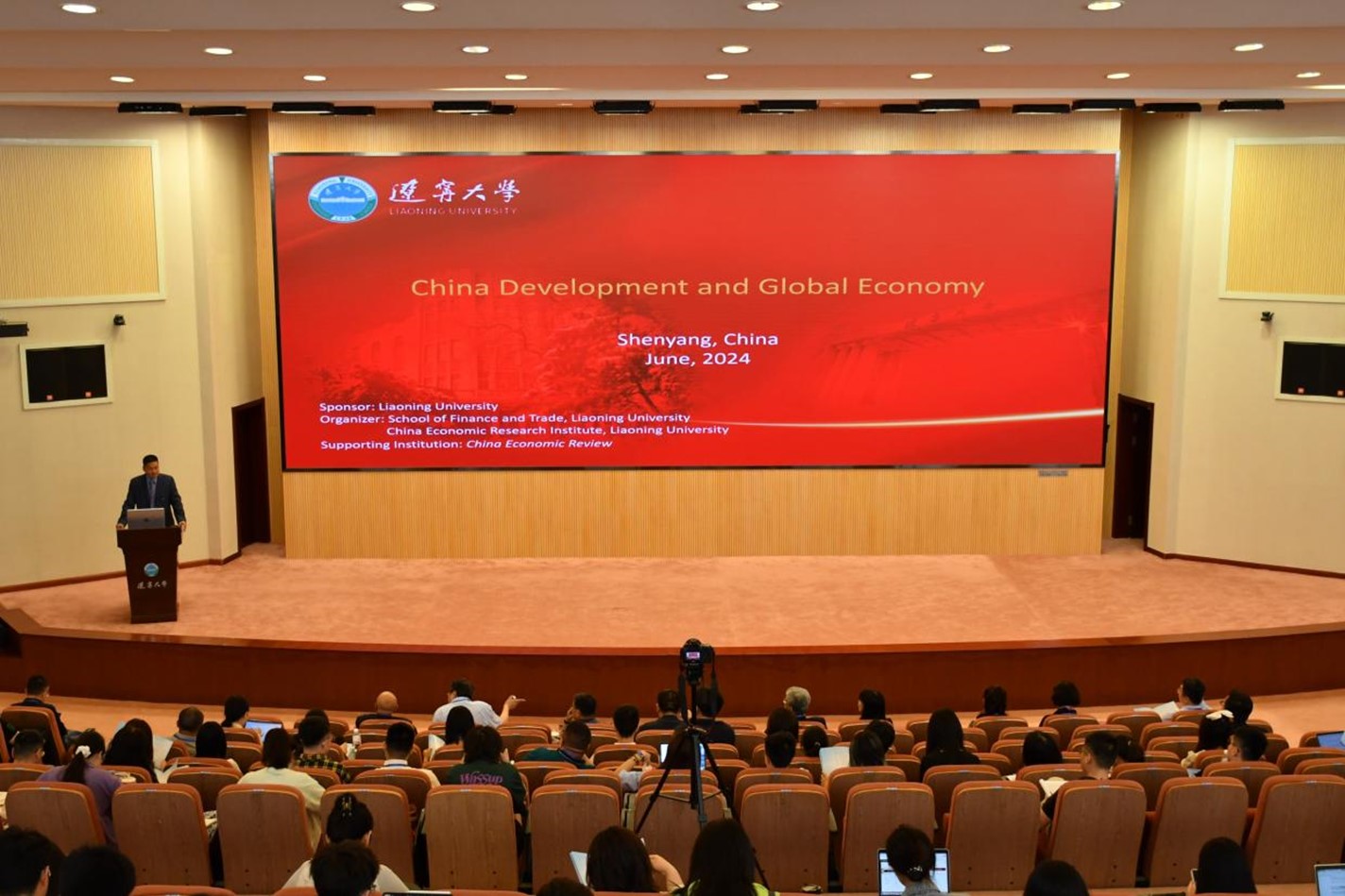
On June 8, 2024, the International Academic Conference ‘China’s Development and Global Economy’ was successfully held at the Puhe Campus of Liaoning University. The conference was sponsored by Liaoning University and undertaken by the School of Finance and Trade of Liaoning University and the China Economic Research Institute. It was supported by the journal China Economic Review.
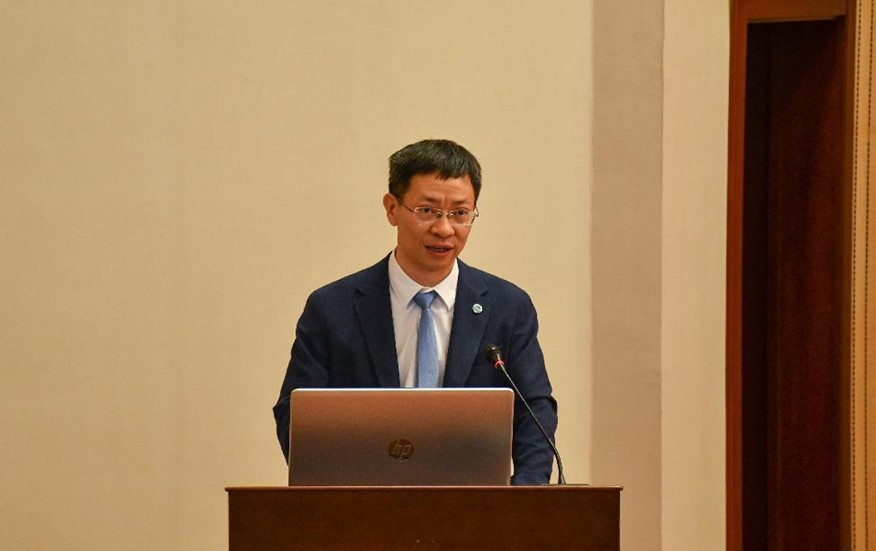
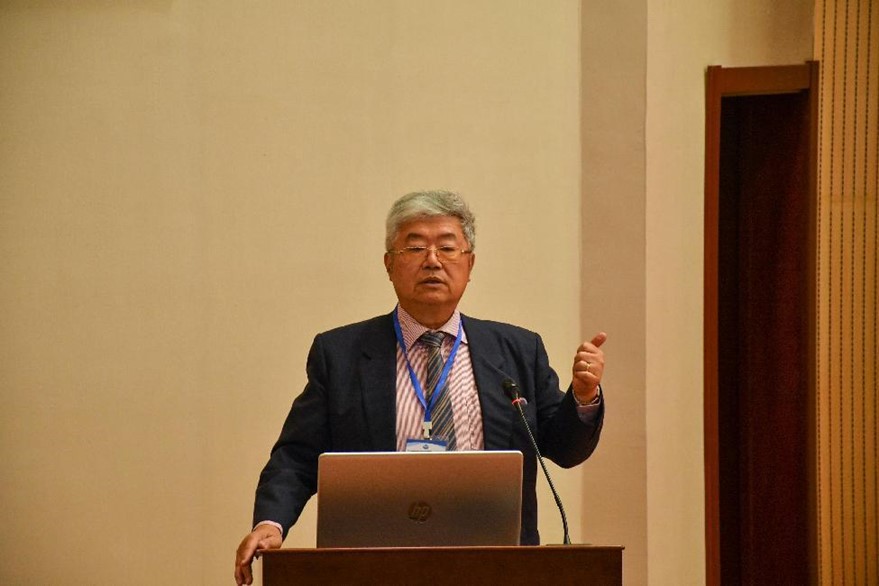
At the opening ceremony, Professor Yu Miaojie, Deputy Secretary of the CPC Committee and President of Liaoning University, delivered a speech on behalf of LNU. In his speech, he warmly welcomed the experts and scholars participating in the meeting, and introduced the history of LNU’s development, the features of its education, and the construction achievements of the ‘double first-class’ initiative of Applied Economics. In his speech, the main organizer of the conference, Professor Hou Weizhong of California State University, Long Beach, USA, expressed special gratitude to Liaoning University for its contribution and support to the conference as a co-organizer, and emphasized the important platform role provided by international academic conferences in cross-cultural exchanges. Professor Hou also presided over the keynote speech of the conference. Professor Yu Miaojie, President of Liaoning University, Professor Liu Guo’en, Dean of the Institute of Global Health and Development of Peking University, and Professor Ding Sai, Head of the Department of Economics in charge of Internationalization at the Adam Smith School of Business of the University of Glasgow, delivered speeches successively.
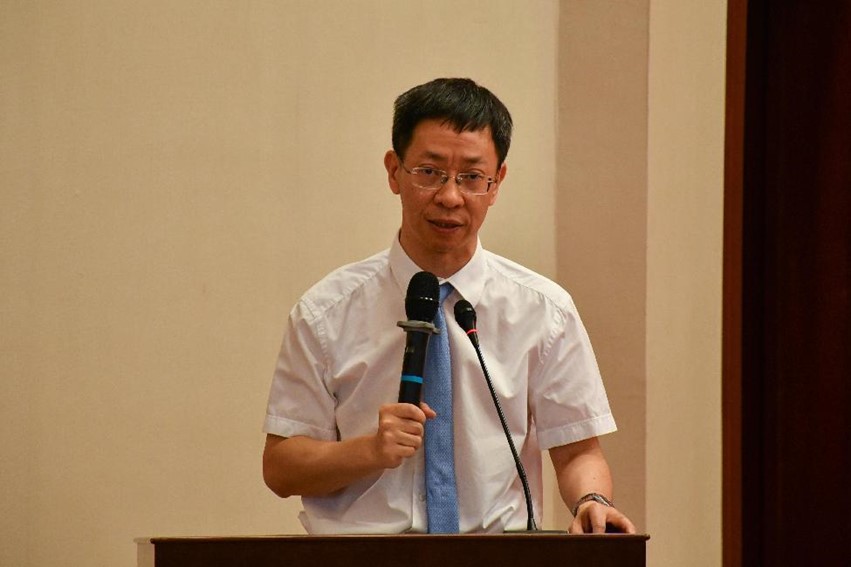
With the theme of ‘High-quality development of China's Economy’, Professor Yu Miaojie pointed out that although China's economy faces some difficulties and challenges in the short term, the long-term trend for the better has not changed, and it has entered a new stage of development characterized by high-quality development, which is reflected in production, circulation, consumption, distribution and other aspects. In the most important aspects of production, product added value, product quality, and total factor productivity have all been significantly improved, and they have the advantages of the entire industrial chain at the industry level. He continued that through the analysis of the current situation and cross-border comparison, if China's economy is to maintain high-quality development, it needs to be based on the new development concept, strengthen investment in research and development, and actively build a unified national market.
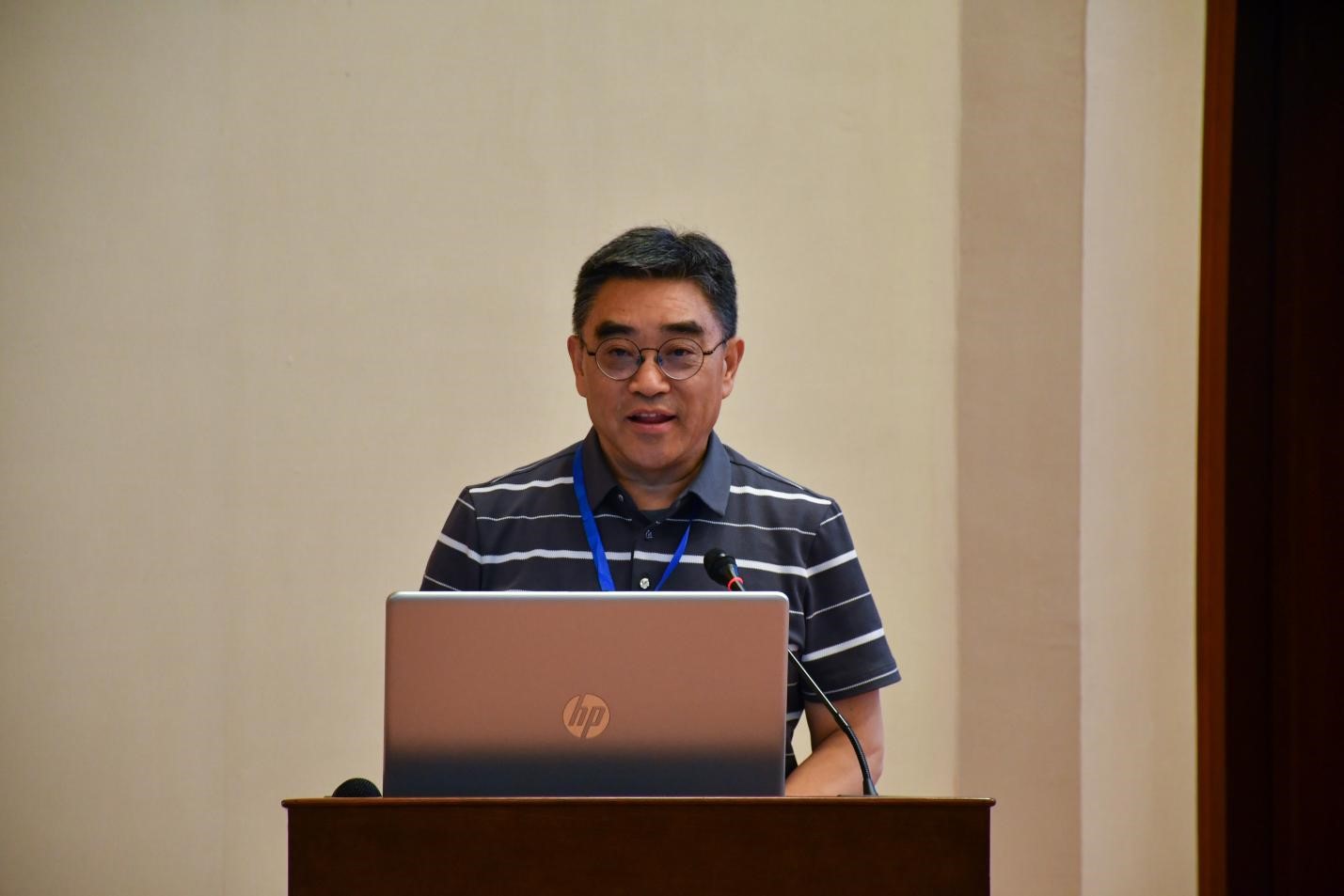
With the theme of ‘Economic growth and the health of the Earth’, Professor Liu Guo’en discussed the relationship between economic development and the health of the earth and the efforts made by Peking University's Planetary Health Axis Project in recent years. The project has, through investigating the construction of natural space, element space, action space, and risk space coordinate systems, quantified the resource and environmental constraints faced in the process of economic development, and explored the development path of harmonious coexistence between man and nature.
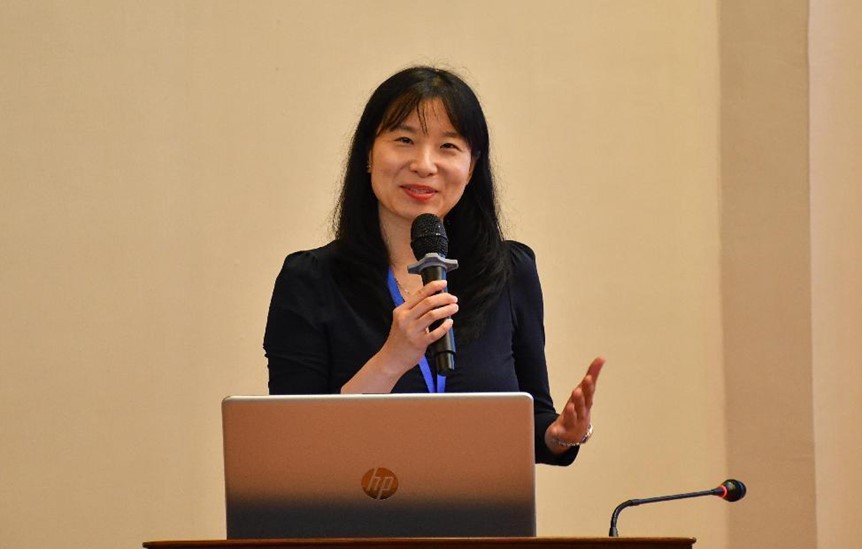
In her speech, Professor Ding Sai mainly discussed the important and positive role played by China's expressway construction in improving the level of manufacturing investment and investment efficiency. This is manifested in the saving of inventory costs and the promotion of fixed asset investment at the micro company level, as well as the sharing of factors of production resources at the industrial level and the gathering of downstream industries. It provides new ideas for understanding the role of facility construction in the economic development process of developing countries.
In the parallel forums held next, more than 50 scholars from Peking University, Tsinghua University, Kobe University in Japan, Illinois State University in the United States, Renmin University of China and other domestic and foreign universities gave reports on the impact of the Belt and Road Initiative. They did so in terms of globalization, the digital economy, China's foreign trade and capital flows, innovation and intellectual property protection, population aging and fertility, climate change and green development, and the impact of new urbanization on the labor market of the mobile population. The atmosphere during the discussion was harmonious and enthusiastic, and the participants were fully rewarded.
The forum attracted over 300 teachers and students from the university to attend in person.
